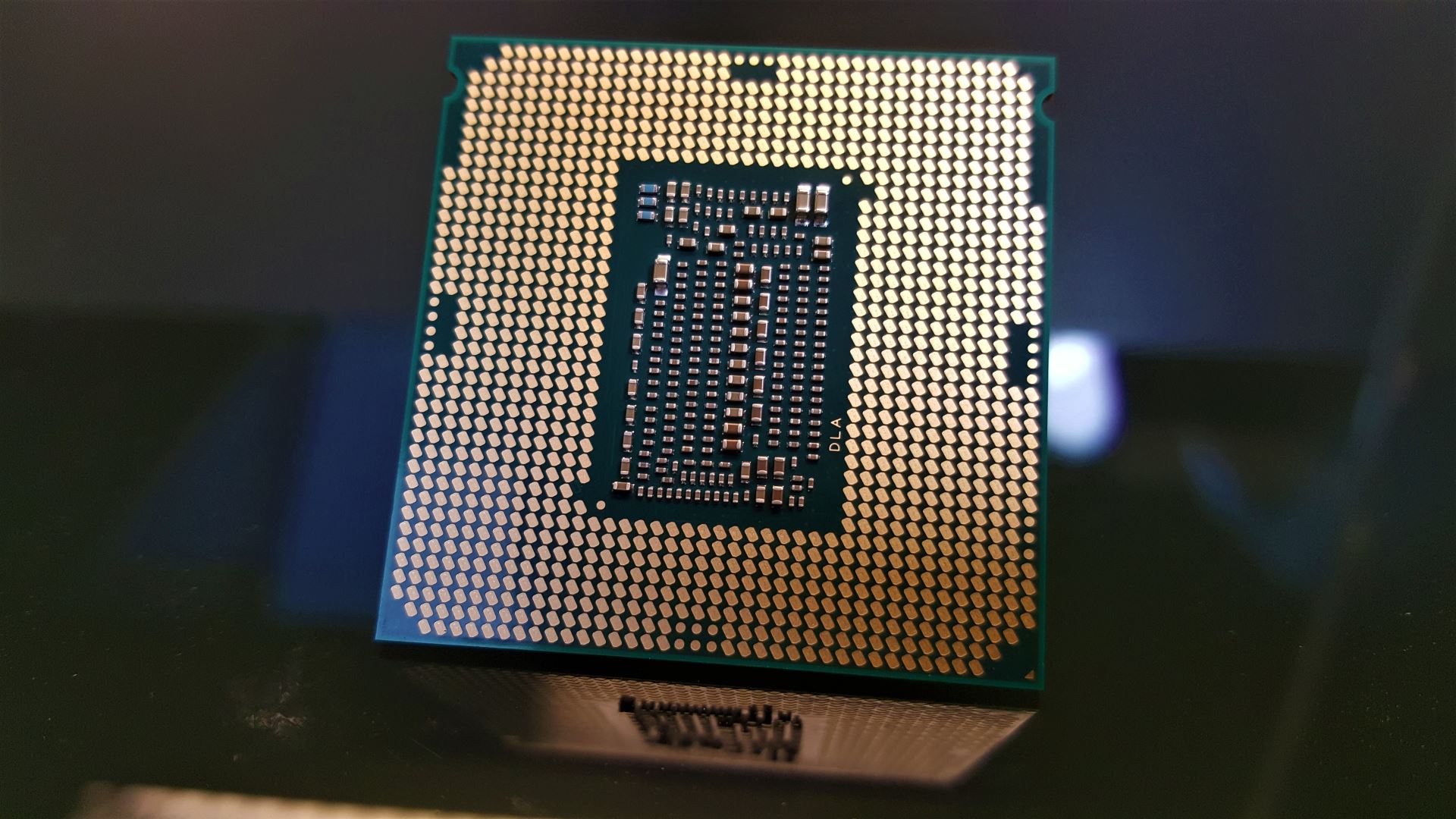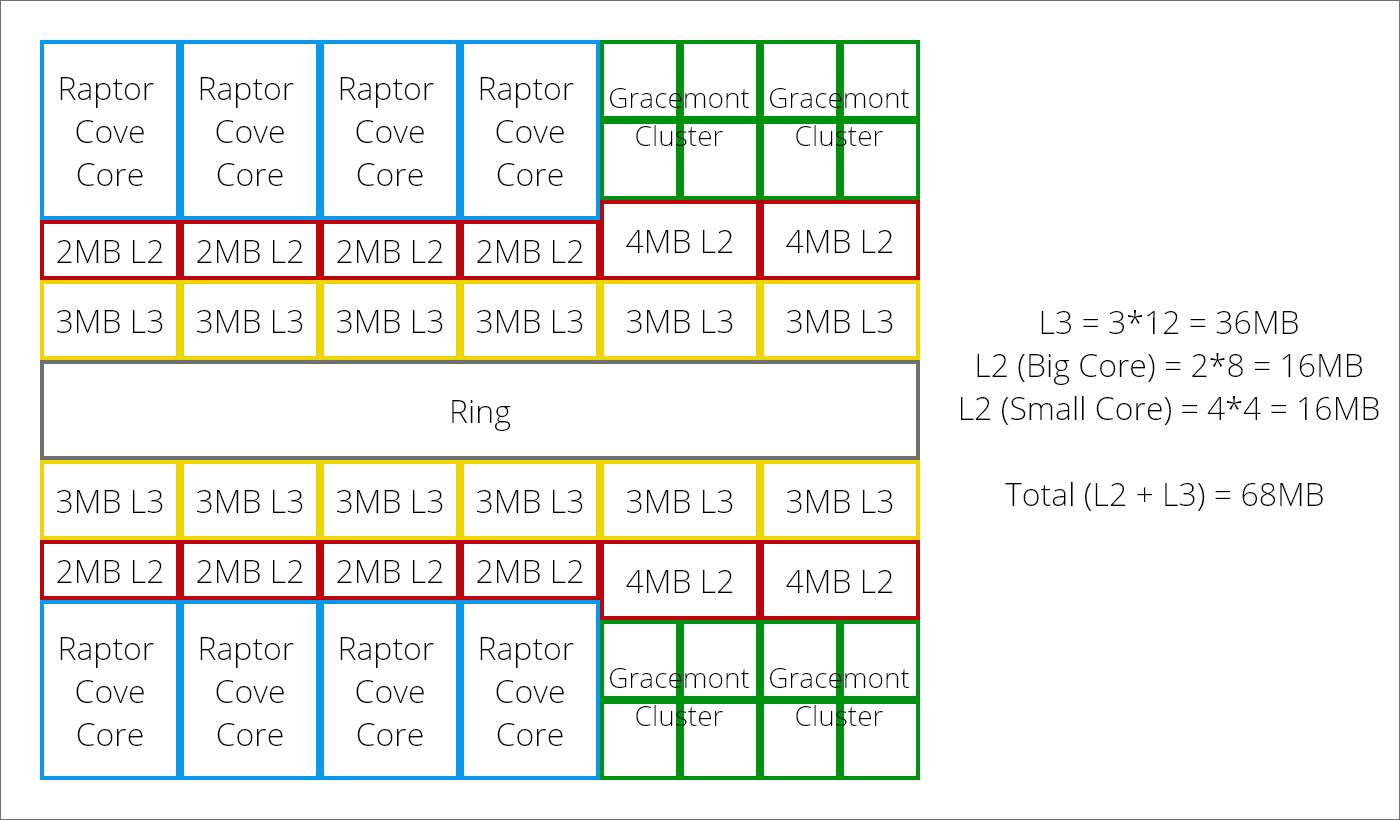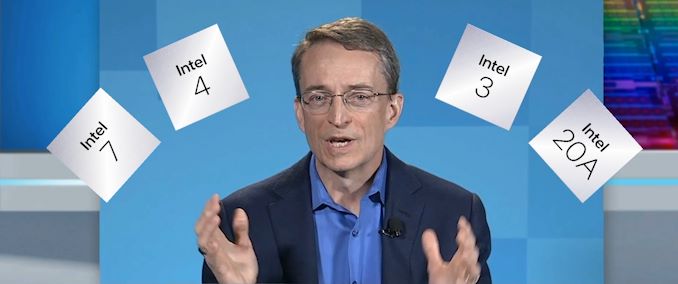It's still worth pointing out, many people tend to think there will probably be a large improvement in per core performance, with each Intel or AMD CPU generation.Yes that's why it's called tick-tock
Also, many generations are now just 'optimizations' rather than 'ticks' or 'tocks', as with the 7th to 10th generations, Willow Cove (11th gen), and now Raptor Lake:
Tick–tock model - Wikipedia
I assume it's mostly due to Moore's Law slowing down, that we keeping getting optimizations instead of something new.
Optimization is what always seems to proceed a new architecture generation, when a process fabrication shrink is not possible.
It's interesting looking ahead, some of Intel's future processor generations look like they could be both a tick and a tock in effect, e.g. Meteor Lake.
Last edited:







